INTERVIEWS
Andree Viana
Interviewer: Marcela Torres
Language of interview: Spanish
Country of practice: Colombia
Profession: Legal advisor of Afro Colombian and Indigenous people during the Havana peace process
Andree Viana is a Colombian lawyer specialised in human rights and constitutional law, and the legal advisor for Afro-Colombian and Indigenous people during the peace process in Havana. According to Viana, the carceral system in Colombia presents the worst spaces for restorative purposes, since they perpetuate undignified and dangerous conditions of living. As a response, survivors of the conflict have maintained a desire to build restorative spaces that take into consideration the needs of survivors and offenders, a real aspiration for peace, and a great awareness of the environmental and cultural conditions of the context.
During our conversation, she talks about three spaces used for restorative practices that applied non-western approaches and cultural awareness. First, she explains a case under Indigenous traditional law that included the protection of their rights, lands, medicine, and rituals. The space, located in Nakusima, was a round house with a straw roof, a central sacred fire, and a ceiling structure that allowed smoke evacuation. It had a central pot over the fire, and a wood piece around the walls, used to be seated.
The second space, located in Havana, was a neutral, white, interior room, with natural light. It was occupied by Indigenous people and Afro-Colombians that negotiated their section on the peace accord. She explains how even though the space was a huge classroom with a central table, it had a feeling of cosiness because of the emotional closeness of the participants. Third, she describes a space located in a sacred Indigenous territory. Viana highlights this as a place that cannot be put on a western map, because it occupies several symbolic dimensions that cannot be limited to the physical realm. It had a central, sacred stone that was considered the witness of the intentions and feelings of the participants. According to Viana, the place’s essence changed according to the time of day.
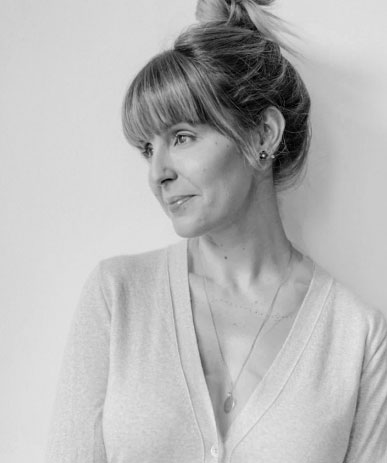
is an author, speaker, columnist, and podcaster in the fields of architecture and decorative arts. She is completing her MA in Art History at Concordia University, Montréal, and holds a Bachelor of Commerce with a major in Marketing from John Molson School of Business. She studied Industrial Psychology in Los Angeles, California. Sicotte is the author of two published books on design (2015, 2018) published by Les Éditions Cardinal.
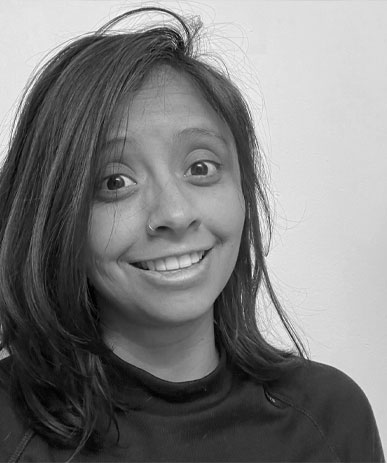
is a Colombian PhD candidate in the Department of Art History at Concordia University. She has a background in architectural design and community activism and holds a master’s degree in Building and Urban Design from the Bartlett School of Architecture in London, England. Her interests focus on socially-engaged art, social movements, collaborative activism in post-conflict scenarios, collectively-produced art, and art produced in relation to the built environment.
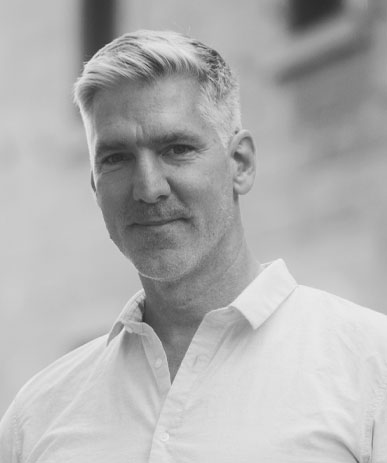
is a PhD candidate in Humanities at Concordia University. His research focuses on spatial agency, social aesthetics, youth narratives, and graphic representations of urban memory. He has published on the relationship between children, play, and public space in Cartagena, Colombia. He has also worked as an editor on literary projects, including Territorio Fértil, which received the María Nelly Murillo Hinestroza award for Afro-Colombian literature.
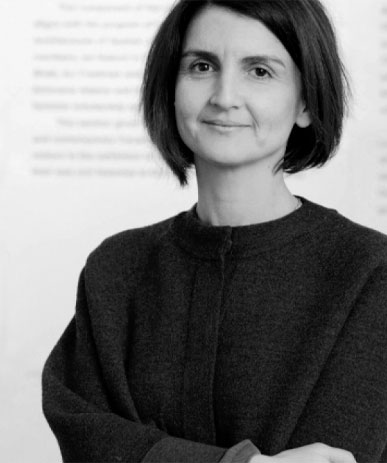
is Associate Professor and Canada Research Chair in Architectures of Spatial Justice (Tier 2) at the Peter Guo-hua Fu School of Architecture at McGill University, Montréal, Québec, Canada. Her research interests include low-income housing and participatory design, civil protest and urban design, and campus landscapes and race. Her publications include the co-edited book, Orienting Istanbul (2010) and solo-authored book, Istanbul Open City (2018).
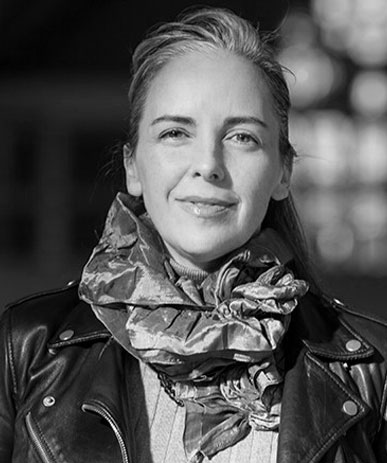
is an artist and a professor of Art History at Concordia University. Her work focuses on women and the history of the built environment, urban landscapes, research-creation, and oral history. She has published on the spatial history of the suffrage movement, public art, gardens, and the politics of urban change. In addition to her research on the spaces of restorative and transitional justice, she is leading an oral history project on the urban memories of diverse Montrealers.
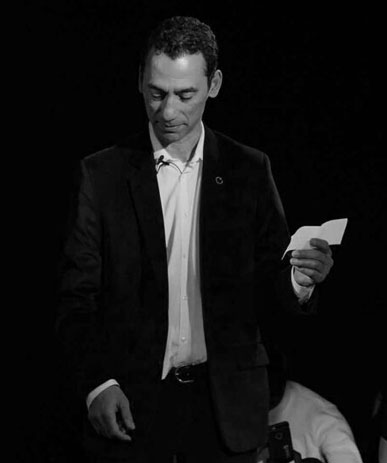
is Associate Professor in the Department of Theatre at Concordia University, Montreal (Quebec, Canada). He is also the second co-director of Concordia’s Centre for Oral History and Digital Storytelling. His latest publications explore listening in the context of post-conflict performances of memory. For instance, see ‘Facilitating voicing and listening in the context of post-conflict performances of memory. The Colombian scenario.’ In: De Nardi, S., Orange, H., et al. Routledge Handbook of Memoryscapes. Routledge: London. (2019), and his article ‘Not being able to speak is torture: performing listening to painful narratives’. International Journal of Transitional Justice, Special Issue Creative Approaches to Transitional Justice: Contributions of Arts and Culture. (March, 2020)